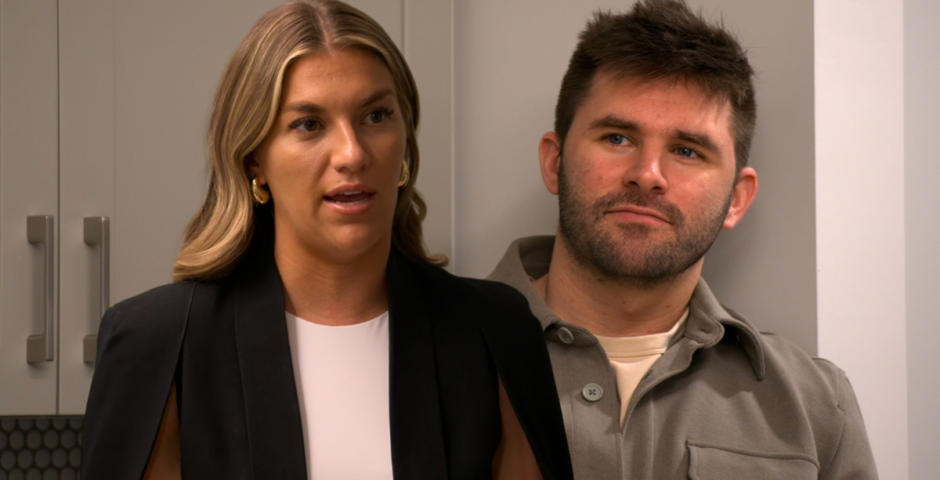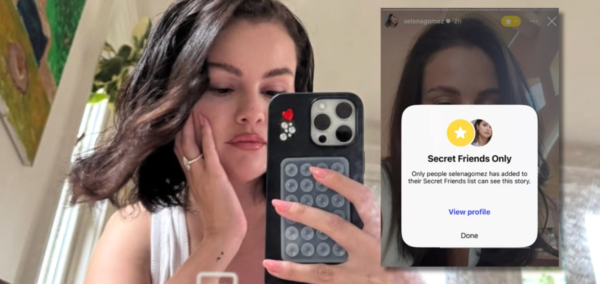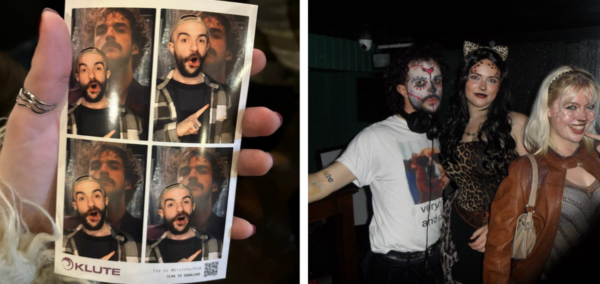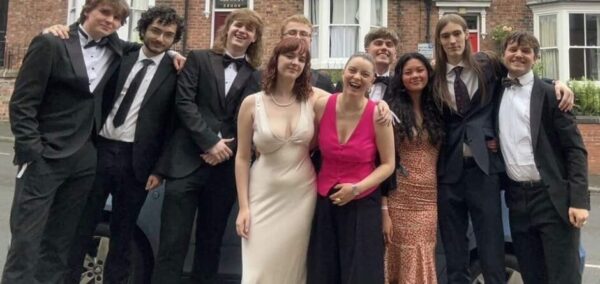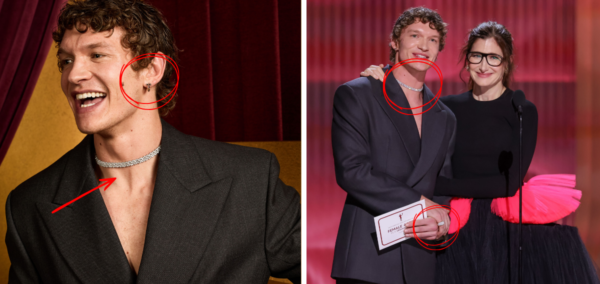
‘I know so many people using it’: Meet the Glasgow students using ChatGPT for their uni work
Some students are getting AI to write entire essays…
Despite being launched just three months ago ChatGPT has sparked huge conversations around university campuses. The AI software promises to answer any question, giving unique responses which as of yet cannot be picked up by plagiarism software.
Whilst it seems like risky business to some, many Glasgow students have been using it.
A third year student at Glasgow Caledonian University claimed he knew people who had submitted whole essays using the bot.
“I asked it a few questions for my exams, worked pretty well, and it can do a decent lit review if you set the max word count,” he said.
“I know a few people who did their whole essays with it and they all seemed to do alright.
“I know that people got relatively normal similarity on Turnitin for more or less entirely plagiarised essays.
“I think the benefit of it being AI is it’s not just copy and pasting stuff from another source, it kind of rewrites it for you so its already in your own words if you like.”
However, he too claimed to rewrite the information it gave him: “I still rewrote what it gave me just to be sure, all things considered it was very useful.”
One fourth year Glasgow University student claimed he had used ChatGPT to write a literature review for his dissertation.
“I’d say it was useful. It highlighted some papers I might not have known about otherwise,” he told The Glasgow Tab.
Whilst the work of the bot might not have been detected by Turnitin, he suggested: “I didn’t use that literature review, I just used it as a guide.”
“It also missed some stuff out which I thought was important from my own research.”

Another fourth year Glasgow Uni student claimed she hadn’t used it personally but knew many friends who had.
“I know so many people who are using it.
“I think it’s a useful tool when used correctly. It can be easy to write these things off as cheating but in terms of making it easier to find sources and summarise confusing concepts it’s great. I just don’t know what the Uni could do to stop anyone writing their whole essay using it.
“As a fourth year I’m really glad it’s just becoming popular now. I think if I was just at the start of my degree it would have been so easy to become reliant on it.”
It’s clear this is a concern for the universities too, who have no accurate way of detecting if a student has used AI software to write their essay. Last week Glasgow University sent a student-wide email reissuing a plagiarism statement to students.
The university’s two vice principles wrote:“We are writing to you to remind you of a core and essential principle that underpins the academic integrity of your courses and degree programmes: that all pieces of work that you submit for assessment are accepted by the University on the understanding that they are entirely your own effort.
“Here includes inappropriate interaction with any other student, outside agency, website or software that generates assessment responses.
“A low Turnitin score does not necessarily mean plagiarism is not present and there is no ‘acceptable’ score.”

In response to this email a Glasgow University student suggested “from that email it seems like the Uni is panicking a bit”.
“They can provide some scary threats but ultimately they can’t really accuse anyone of plagiarising if there is no evidence.”
When asked if Glasgow Cali has issued a similar statement the student responded: “I really don’t think there’s anything the uni can do at the moment to stop people using it, or even know that people are using it. It’s probably why they’re giving out big scary threats.”
Last week Tab writer and recent graduate Pieter submitted a social policy essay written by ChatGPT to a Russell Group Uni. The lecturer claimed whilst the essay was “fishy” if correctly referenced it might have gotten the equivalent of a 2:2.
However, the end may be in sight for AI software as Turnitin is developing a software to detect the use of chatbots. Whilst it is still currently in development, Turnitin are hoping to launch the tool soon.
A spokesperson for Glasgow Caledonian University told The Glasgow Tab: “We understand and are responsive to the fact that increasing sophistication of artificial intelligence is making academic misconduct harder to detect, and it is an area we are currently looking at very closely.
“The University already has in place interactive online guidance for students: ‘Don’t Cheat Yourself!’ This also reminds students that cheating is against the University’s Student Code of Conduct and could result in them being disciplined or even expelled.
A University of Glasgow spokesperson told The Glasgow Tab: “ChatGPT is a new technology, which brings with it new opportunities as well as new challenges. We are working with experts from across the University and beyond to better understand ChatGPT’s capabilities and limitations, and how best to advise students to use it appropriately as a learning tool.
“It remains fundamental to the integrity of academic study that whatever resources students use now and in the future, they do not present as their own work something that they did not do themselves.
“We will harness developments to detect the use of AI and ensure we take appropriate action when misuse occurs. We have reminded students of their responsibilities in this regard and directed them to sources of guidance and support in how to appropriately use and reference learning resources.”
Related articles recommended by this author:
• ‘Production has been mental’: We sat down with the GUCFS team ahead of this week’s shows
• Glasgow students warn why using dating apps aren’t always the answer this Valentine’s Day
• Glasgow gig cut short after lead singer shots five drams of whiskey on stage




